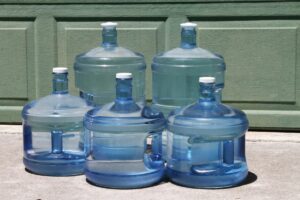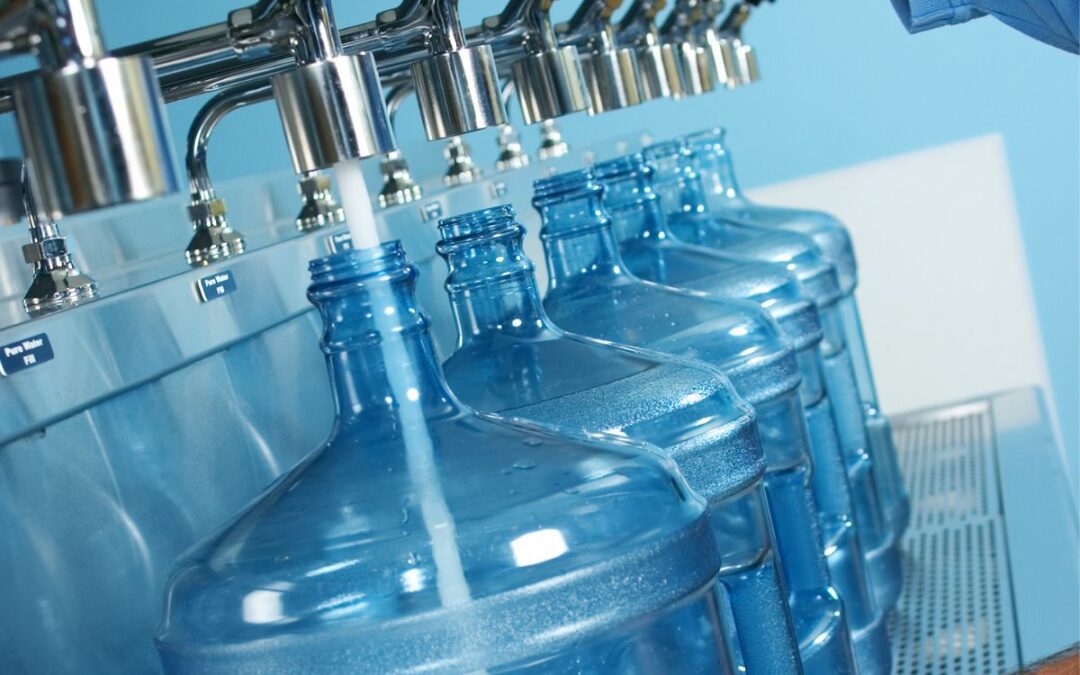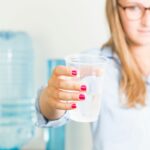Preparing now for a future emergency is a wise move for Colorado residents, and we are happy to help with our tips for storing water long-term. Whether you’re planning for the Zombie Apocalypse or simply trying to prepare for an unexpected weather event or utility disruption, an emergency supply of bottled water is a must-have for every home.
The fact is that while most of us think, “it could never happen to me,” unexpected events can and do happen to all of us. Unfortunately, natural disasters are not the only thing that can disrupt access to safe drinking water. Public water supplies may become contaminated, and antiquated infrastructure is subject to frequent disruptions in service while lines are repaired or replaced.
Tips for Storing Water to Prepare for Disasters
Along with emergency food supplies, medications, and weather protection, water should top your list of emergency preparedness supplies to keep on hand. Here are our top five tips for storing water for the unexpected:
Know How Much Water To Store
The first of our tips for storing water is figuring out how much water you need for your family in an emergency.
Ready.gov, a public service campaign launched by the US government in February 2003, recommends storing a minimum of one gallon of water per person daily for several days.
In addition to drinking water, think about everything you use water for and consider how you will manage to do those things without water flowing from your home’s tap.
For instance:
- Cooking
- Basic hygiene
- Washing dishes and laundry
- Drinking water for your pets and livestock
- Flushing toilets
- Watering houseplants or a garden
In the short term, you can forgo washing dishes and laundry and watering plants, and you can always flush your toilet by using gray or other non-potable water from other sources.
Of course, if you’re within our extensive drinking water home delivery area, Clearly Colorado bottled water delivery may be your best option. Storing a few of our 5-gallon water bottles is an easy way to keep drinking water on hand.
Where to Store Water
The storage of emergency water supplies should be in a room temperature, dry environment away from chemicals such as household cleaning products and from solvents such as gasoline, paint thinners and other toxic materials.
Choose The Right Containers

The types of plastic that are acceptable for water storage include polyethylene (HDPE/#2), PETE (#1), LDPE (#4) and polypropylene (PP/#5). Avoid vinyl or PVC (#3) and some (#7) plastics.
The Ready.gov initiative recommends stocking up on commercially bottled and sealed purified water. Doing so ensures your drinking water will last longer without bacteria or contamination and will keep the water from going stale over time.
Purified bottled water from a reliable source is one of the best tips for storing water for disaster situations. The bottling process utilizes food-grade plastic, enabling storage without chemical leaching for extended periods. Clearly Colorado’s purification process follows the International Bottled Water Association (IBWA) set standards and audits for water safety, purity, and quality that exceed the standards set by the FDA.
Chemical Treatments for Stored Tap Water
If you’re storing tap water for disaster preparedness, you can use chemical treatments to purify and clean your water before consuming it. Use these treatments before you filter your water through a filtration system (more on that below).
The most common chemical treatments for clean drinking water are iodine tablets or unscented household bleach. The dose of bleach necessary to purify water is two drops per quart of water. The dose of iodine for water purification is two tablets per quart of water.
Use Filtration Systems Before Drinking Stored Tap Water
The last of our tips for storing water is using a filtration system to clean and purify your water before drinking or cooking.
Various filtration systems, including reverse-osmosis (RO), ultra-violet (UV), carbon, and sediment, will eliminate harmful bacteria, viruses, and heavy metals.
The Most Useful Tip for Storing Water
Of all the tips for storing water, the most useful is this: don’t delay! If you have not yet begun preparing for an emergency, do so today. Noone knows for a certainty what tomorrow will bring, and you do not want to be caught unaware with no emergency supplies on hand. Access to clean drinking water can save your life in a disaster.
If you’re interested in having clean, fresh bottled water delivered to your home, office or even your underground bunker, Clearly Colorado would love the chance to serve you.
Contact us today for your free quote, and rest assured that you are ready for whatever life throws you!





